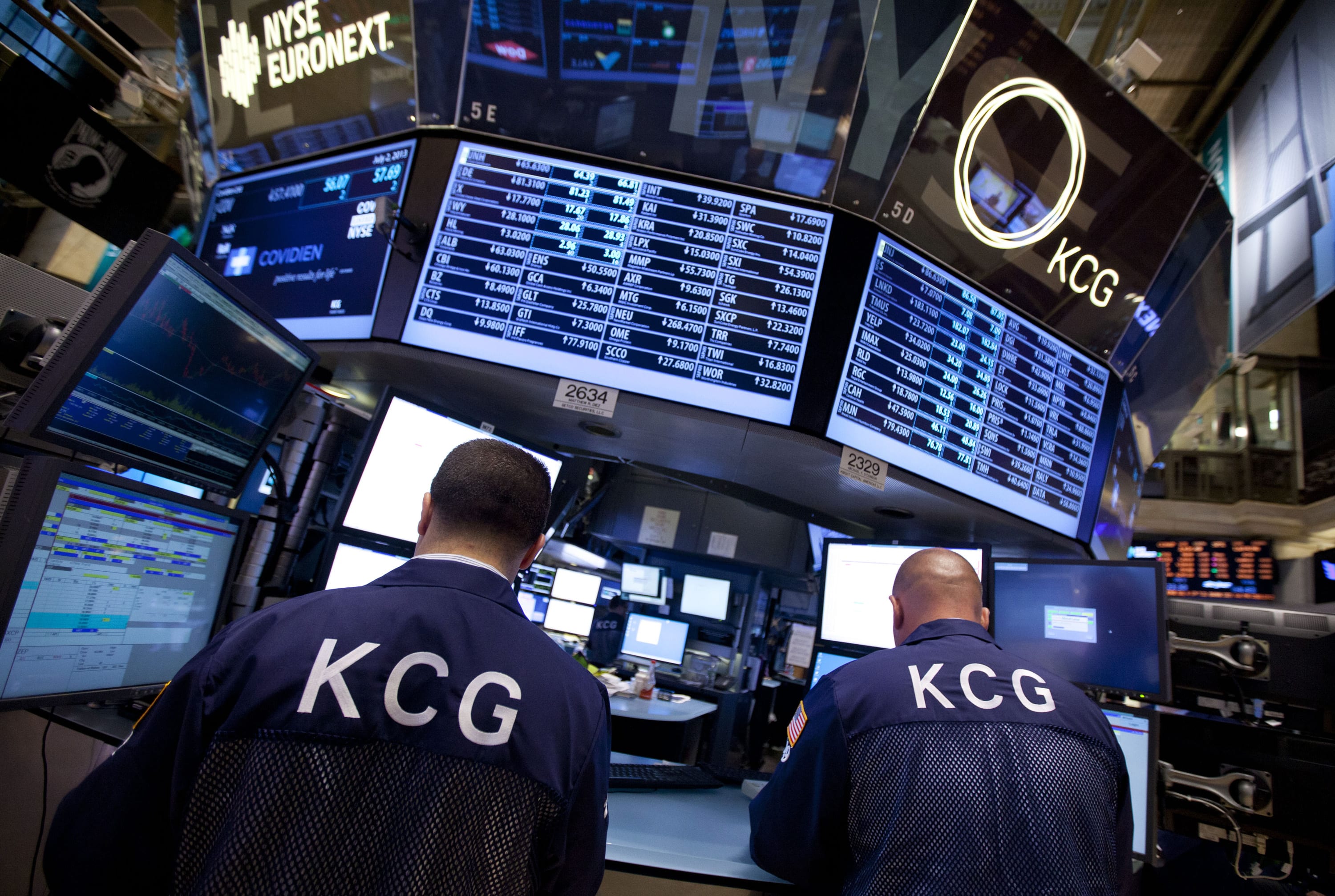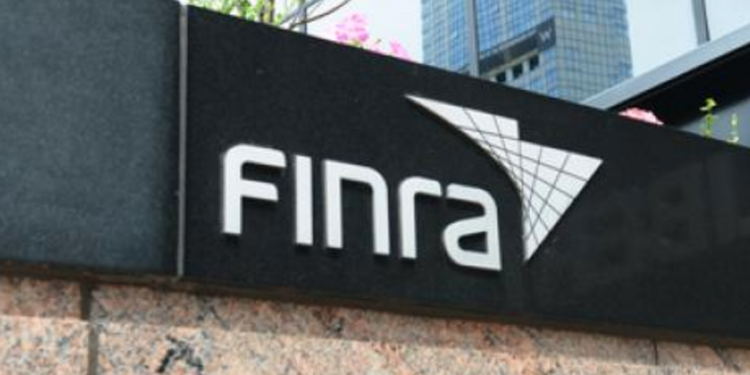Wall Street watchdog FINRA recently fined Virtu Americas LLC with $250,000. The fine is in relation to the failures and violations related to order execution.
What happened at Virtu Americas?
Virtu Americas LLC, formerly known as KCG Americas LLC, was recently fined by the Financial Industry Regulatory Authority (FINRA). The $250,000 fine it has agreed to pay will settle a handful of failures and violations related to the execution of orders.

The industry-watchdog said that the firm avoided displaying, crossing quotations, and locking in OTC Equity Securities. FINRA said that market rules could only work when there are uniform ways to access quotes. If not, then some parties can take advantage of order information.
The allegations against Virtu Americas are related to pending orders between 2009 and 2017. The regulator said that there are several violations from the company that included their failure to execute immediately, display or route at least 156 customer limit orders in OTC equities. The firm also failed to report 500 transactions in a timely manner, which lead to compliance failures with the firm’s reporting obligations.
What do regulations suggest?
According to US regulations, locking or crossing or quotations is prohibited across the exchanges. These practices can lead to confusion in the market about the real trading interest in equity. This could also lead to delays in execution, lead to trading venue halts and increase difficult for investors for seeking the best market execution of trades.
FINRA said that regardless of the motivation at the company, their actions caused disruptions in the trading standards, which should be made available to all investing participants. This is not the first time that Virtu Americas has received fines for its alternative trading systems, called the dark pool. According to FINRA, Virtu is
“one of the largest OTC market makers in terms of the dollar, trade, and share volume.”
It is the wholesale market maker for about 10,000 OTC securities. It also makes the market for over 25,000 financial instruments in 26 countries and 235 venues. It uses high-frequency trading strategies and profits from bid-offer spreads.






